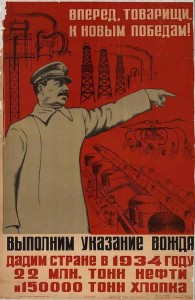
Europeans are mad at each other. The euro crisis and the remedies, that were administered, resulted in widespread fingerpointing across the continent: Greeks and Spaniards cannot help but feeling colonized. At the same time germans see themselves being forced to be the paymasters for the big credit binge of the first Euro years.
It can be likened to a feast of an extended familiy, a banquet to which everyone was invited, but for which nobody was prepared to pay. Even today, 2014, the party hall is far from being tidied up. Five years after the start the crisis is here to stay.
It all started with the euro and the effect it had on the european interest rates. Depending on your perspective, the common currency can be seen as an example for the so called “tragedy of the commons”, but also as an medieval instrument of torture, imposing the will of central planners on highly diverse economies.
In the last subchapter, “Gosplan, remix”, you can read a short outline of the newly created tools of macroplanning – from the Fiscal Pact to the “Macroeconomic Imbalance Procedure”. Instruments like these obviously differ from 20th century, Soviet style planning – yet their fundamental mechanism is the same: Goal-directed behaviour of economic subjects is being replaced by haphazard choices by bureaucrats and politicians.
Cornerstone of this system is the ECB, “the most powerful animal between Spitzbergen and Athens”, an institution which is accountable to no one. Even so, nobody in the european political arena is willing to question its doings.
At least as long as it keeps the rates close to zero – which means free money for all, who are still worthy of credit. May the rest be damned.
Chapter 5 will be up friday evening at “Volltext”. It will contain all references and footnotes.
Comments are closed, but trackbacks and pingbacks are open.